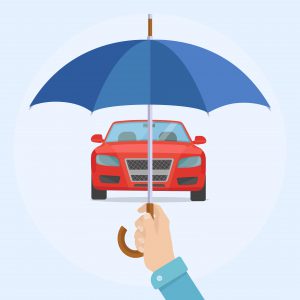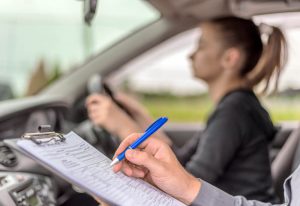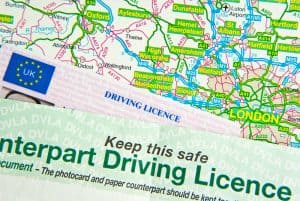This Is How Good Driving Theory Knowledge Saves You Money- Black Box Insurance
More help for you
Being a new driver on the UK’s roads can be tough these days. Insurers are nervous about giving younger motorists affordable cover, with research from the Association of British Insurers suggesting that drivers aged between 17 and 24 are three times likelier than older road users to make a “catastrophic claim”.
But the days of eye-watering annual quotes that run into many thousands of pounds may be coming to an end, and this is thanks to black box insurance.
How does black box insurance work?
Also known as telematics technology, this type of car insurance is geared towards people who have just passed their theory and practical tests -- or those who have recently been convicted of a driving-related offence.
A black box is fitted into your car which will track your driving style.
It involves a black box being fitted into your car which will track your driving style. This often includes the time of day you have been travelling, analysis of your top speeds, and assessments of how sharply you brake and accelerate. All of this is used to calculate how risky a motorist you are -- and careful, considerate drivers are usually rewarded with lower premiums in time.
Some insurers are quite intuitive, offering apps where you can get real-time updates about your driving score.
Is telematics technology suitable for everyone?
Not necessarily. Let’s say you’ve got a job which involves working late at night -- perhaps at a bar or a restaurant. Some insurers actually impose a curfew on customers who have black boxes installed, and drivers can incur a costly excess if they drive after hours. These restrictions are usually imposed because young motorists stand a greater chance of getting involved in a collision late at night. A typical curfew could see you barred from driving between 11pm and 5am.
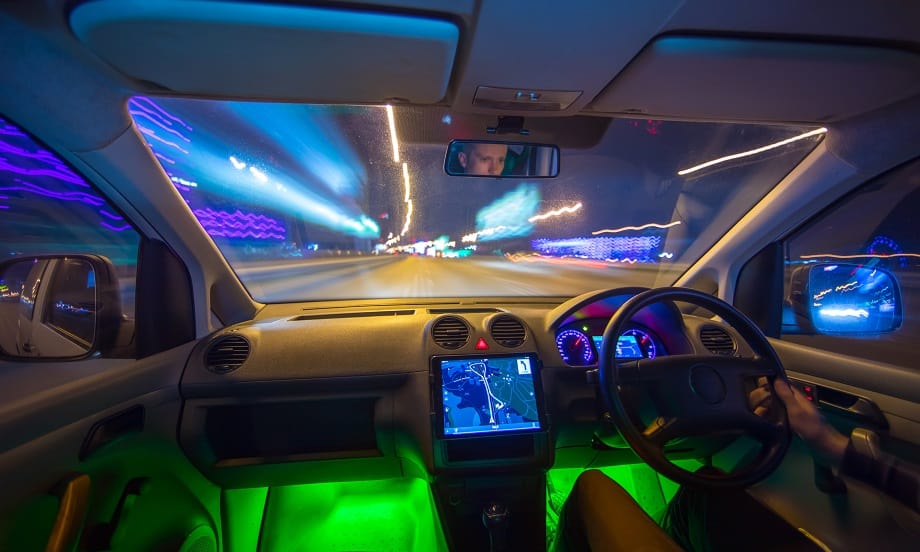
Even if there’s no curfew, driving after 10 p.m. may affect your score
Another thing that may dissuade you from signing up for one of these policies is if you think you’re going to have a high annual mileage once you’ve passed your test. When it comes to black boxes, insurers love getting motorists on their books that are only going to use their car for the occasional quick trip to the supermarket.
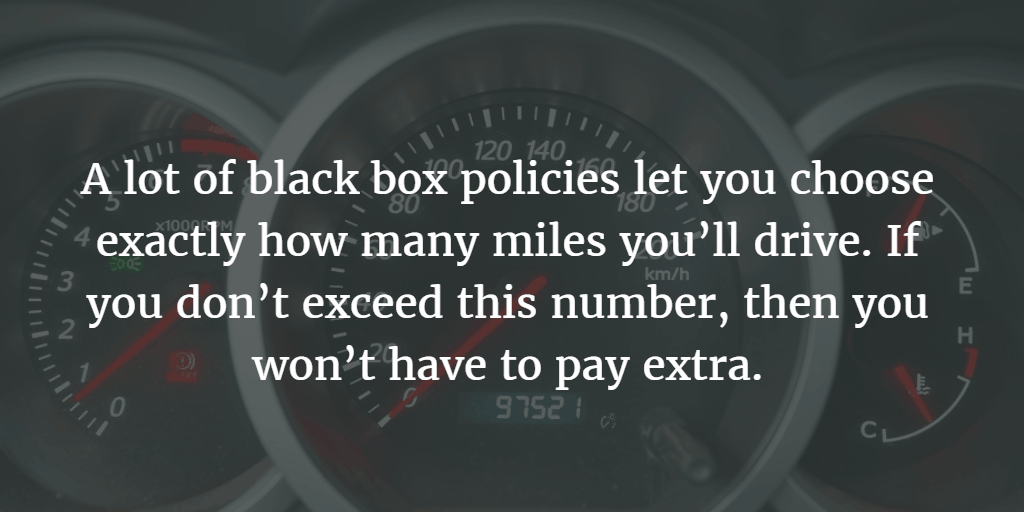
Some companies provide bundles of 500, 1,000 or 2,000 extra miles for those who need to travel further
However, if long commutes are in your future, it might be wise to look elsewhere.
Any tips for lowering the cost of insurance premiums?
If you’re beginning to panic because telematics weren’t the golden ticket to the practical, cheap car insurance you need, don’t worry. There are other top tips which can help you save money without losing out on a comprehensive policy.
- Add your family members. Having your mum, dad, or older sibling on your policy as a secondary driver could actually see your premiums plummet. It may take some repeated applications to find out which (willing) family members could help you save the most cash.
- Spend plenty of time comparing. It’s important to see what a wide range of insurers have to offer, and you may be surprised at the policies available to you both with and without a black box. Don’t just rely on comparison websites though -- it’s important to approach some insurers direct, as they may not be listed on insurance marketplaces.
How knowing your driving theory can help lower insurance costs
If you’ve been revising studiously for your theory test, using the practice questions on our website and have been paying close attention to your driving instructor, you’ll know about the benefits that gentle braking and acceleration can bring.
Using your pedals too harshly is not only bad for the environment and damaging to your car, but it also increases your fuel consumption levels. Plus, if you were using a black box, it would lead to a negative score which would hinder your chances of lower premiums in the future.
Knowing your braking distances, and how to adjust your driving style to different conditions on the road, can help you become the type of driver that insurers will be clamouring to get on their books.

